In recent months, speculation has swirled that basketball icon LeBron James might be more than just an NBA superstar—he could be a catalyst behind a new league aimed at challenging the NBA’s dominance. Business partner Maverick Carter is reportedly advising a group of investors on a global league with ambitious scale. But how real is LeBron’s involvement? Can this project truly rival the NBA? In this article, we break down what is known, what’s rumored, and what obstacles any new league would face.
The Origins of the Rumor
Talk of a competing basketball league began circulating after reports that Carter is advising a $5 billion venture backed by major investors. Observers noted that Carter and LeBron have long worked closely, and speculation mounted that LeBron could be among the financiers or strategic minds behind the project.
While LeBron has not publicly confirmed his involvement, insiders suggest he may have some level of stake or interest. One media analyst claimed LeBron could be among the investor group—although the scale and role remain unclear. Some rumors even suggest he might play in the league or shift after his NBA career winds down, though those ideas are speculative.

The Proposed League Design & Strategy
What sets this project apart is its global ambitions. Unlike a typical U.S. league, the proposal reportedly envisions a rotating model across multiple international cities, taking inspiration from formats like Formula 1. Under this model:
-
Teams would play in different cities periodically—possibly for two-week stints—instead of being tied permanently to a city.
-
The league might feature six men’s and six women’s teams, giving it broader appeal.
-
A strong European flavor is being discussed, signaling that many games or operations could be outside the U.S.
The vision appears to be not just a U.S. alternative, but a global basketball showcase designed to attract top talent, media rights value, and a cross-continent following.
Who’s Backing the Venture?
Various names have surfaced as potential backers. Some key details of the reported support include:
-
Sovereign wealth funds and institutional investors from regions like Saudi Arabia and Singapore.
-
Known figures from tech and finance, such as the Skype cofounder Geoff Prentice and former Facebook executive Grady Burnett, are said to be involved.
-
Carter’s advisory role is clear; some insiders tie LeBron’s name to early investor meetings, though definitive proof remains limited.
Because this is still early in the funding phase, exact ownership stakes, governance structures, and revenue models are not fully revealed.

Why LeBron Might Be Involved (Even Indirectly)
There are several reasons why LeBron’s name keeps surfacing in relation to this project:
-
Long-term legacy ambitions
LeBron has often spoken about building a lasting business empire. Beginning a new league—or backing one—is a way to extend influence beyond his playing years. -
Strategic partner in Carter
LeBron and Carter have co-founded media and business ventures together. It’s natural for their interests to intersect in major projects. -
Opportunity to shape basketball’s future
As the NBA increasingly globalizes, a new league with a more international operation could be a vehicle to push innovation, athlete ownership, or competitive structures. -
Brand leverage and media assets
LeBron’s global recognition could attract partnerships, TV rights, sponsors, and fans to a nascent league where credibility is crucial.
However, any involvement may vary in degree—from passive investor, to strategic supporter, to active decision-maker. The public lacks clarity on which role, if any, he plays.
Challenges That Lie Ahead
Launching a league to rival the NBA is enormously difficult. Some of the major headwinds include:
-
Talent acquisition
The existing NBA has the best players and established contracts. Convincing stars to leave or join a new league requires strong incentives and long-term stability. -
Broadcast & media rights
TV contracts and streaming deals are foundational for revenue in modern sports. A new entity must negotiate these from scratch, likely at lower leverage. -
Logistics & infrastructure
A global rotational model entails travel, venue booking, scheduling, and regulatory compliance across countries—complex and costly. -
Competition vs collaboration
The NBA holds strong leverage in basketball globally. New leagues may have to compete or cooperate with it, risking turf battles over talent, calendars, and markets. -
Regulatory and legal issues
Sports governance, international leagues, and cross-border franchise models often run up against regulatory challenges in different nations. -
Reliability & consistency
Fans and media expect stable seasons, quality competition, and consistent operations. Any misstep in early years can doom credibility.
So while the vision is bold, execution is the true test.

Current Status & What We Can Believe (Versus Hype)
At present, what is more credible vs what remains speculative:
-
Credible: Carter’s role as advisor, associated funding efforts, investor meetings, and the broad design of a global basketball venture.
-
Speculative: LeBron’s active role (beyond possible investment), his playing in the league, or it being a direct “rival” to the NBA in the short term.
-
Unknown: The timeline for launch, governing structure, contractual commitments from players or teams, and media rights deals.
Several reports indicate that even though LeBron’s name is mentioned in connection with the project, some backers publicly deny his active involvement, implying a loose association rather than core ownership.
How LeBron’s Involvement—or Lack Thereof—Could Impact Perception
If LeBron is heavily involved, the league instantly gains legitimacy and media attention. His endorsement would help attract sponsors, talent, and fans.
But if his role is minimal, names could overshadow substance. Some skeptics argue his inclusion in rumors might be designed to generate hype rather than reflect actual control. That could backfire if expectations don’t align with delivery.
Regardless, managing the narrative will be important—investors, league leaders, and even LeBron himself will need to clarify roles to maintain trust.
Strategic Implications for the NBA & Global Basketball
If this league moves forward, the ripple effects could be significant:
-
Elevating athlete equity
New league models might offer players ownership or profit-sharing mechanisms that NBA contracts typically do not. -
Catalyzing competition or collaboration
The NBA may respond with expansion, adjustments in global scheduling, or partnerships with upstart leagues. -
Shifting power centers in basketball
A successful global league could move some influence away from U.S. markets toward more balanced international competition. -
Changing player career paths
Emerging stars might consider options beyond the NBA, choosing contracts, geography, or exposure differently in the future. -
Broadcast & media disruption
Rights deals, streaming platforms, and media valuations in basketball could evolve rapidly if a new credible alternative emerges.
However, this vision hinges on strategic execution—without sustainable economics, the experiment could falter quickly.
The notion that LeBron James is starting a basketball league to compete with the NBA remains more rumor than confirmed reality—but it’s one of the most intriguing stories in basketball today. The core idea, led by Maverick Carter and backed by speculative investor interest, is to develop a global rotational league with a strong European influence and high ambitions.
LeBron’s name adds cachet, but whether he is a driving force or symbolic figure remains uncertain. What is clear is the idea taps into deeper currents: players seeking more power, the globalization of basketball, and the quest for innovation beyond existing league structures.
If this league materializes, it could reshape how basketball is organized, broadcast, and played on a global scale. But for now, we watch and gather signals—because in sports, the difference between rumor and revolution often comes down to execution.

 Vietnamese
Vietnamese


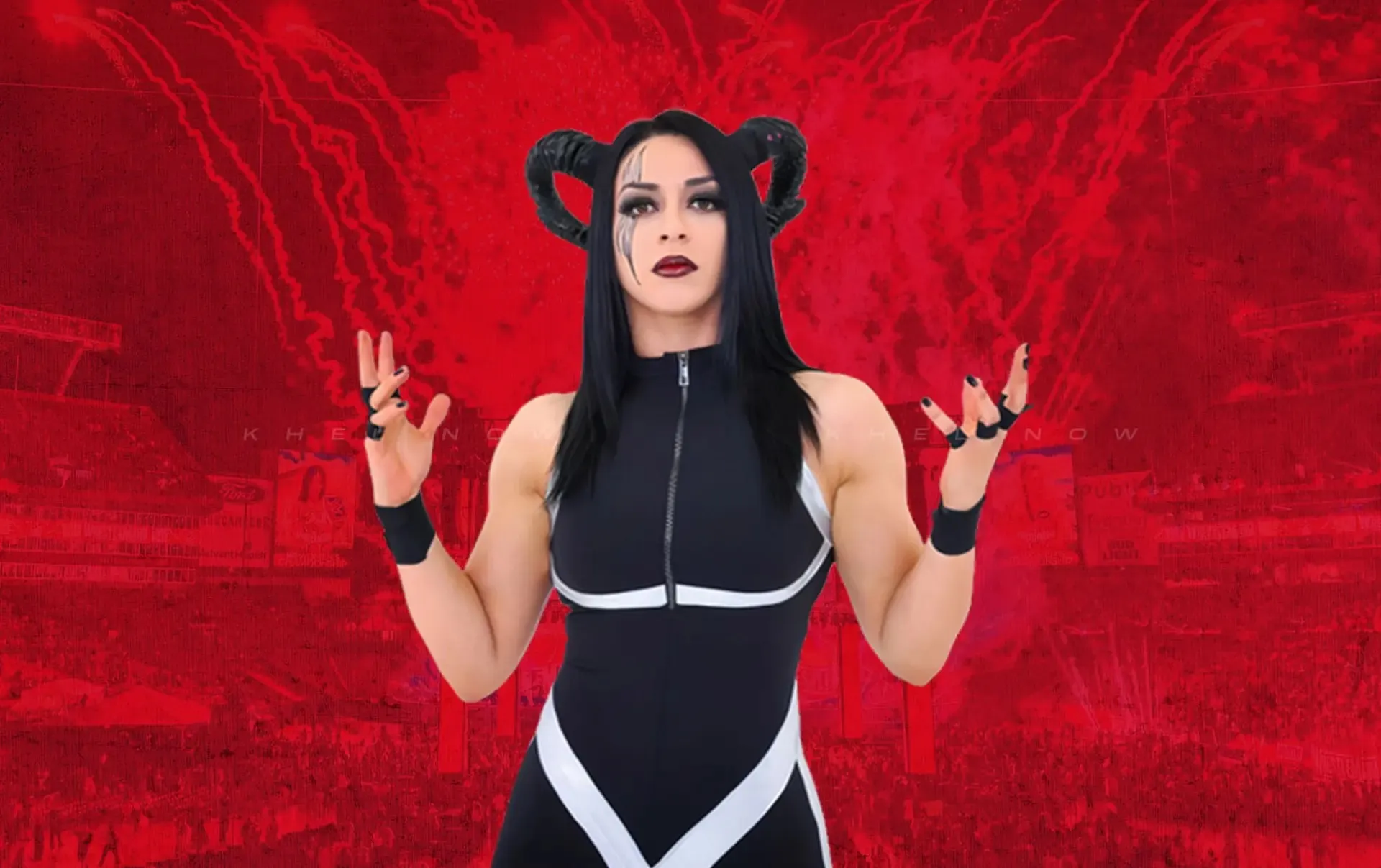
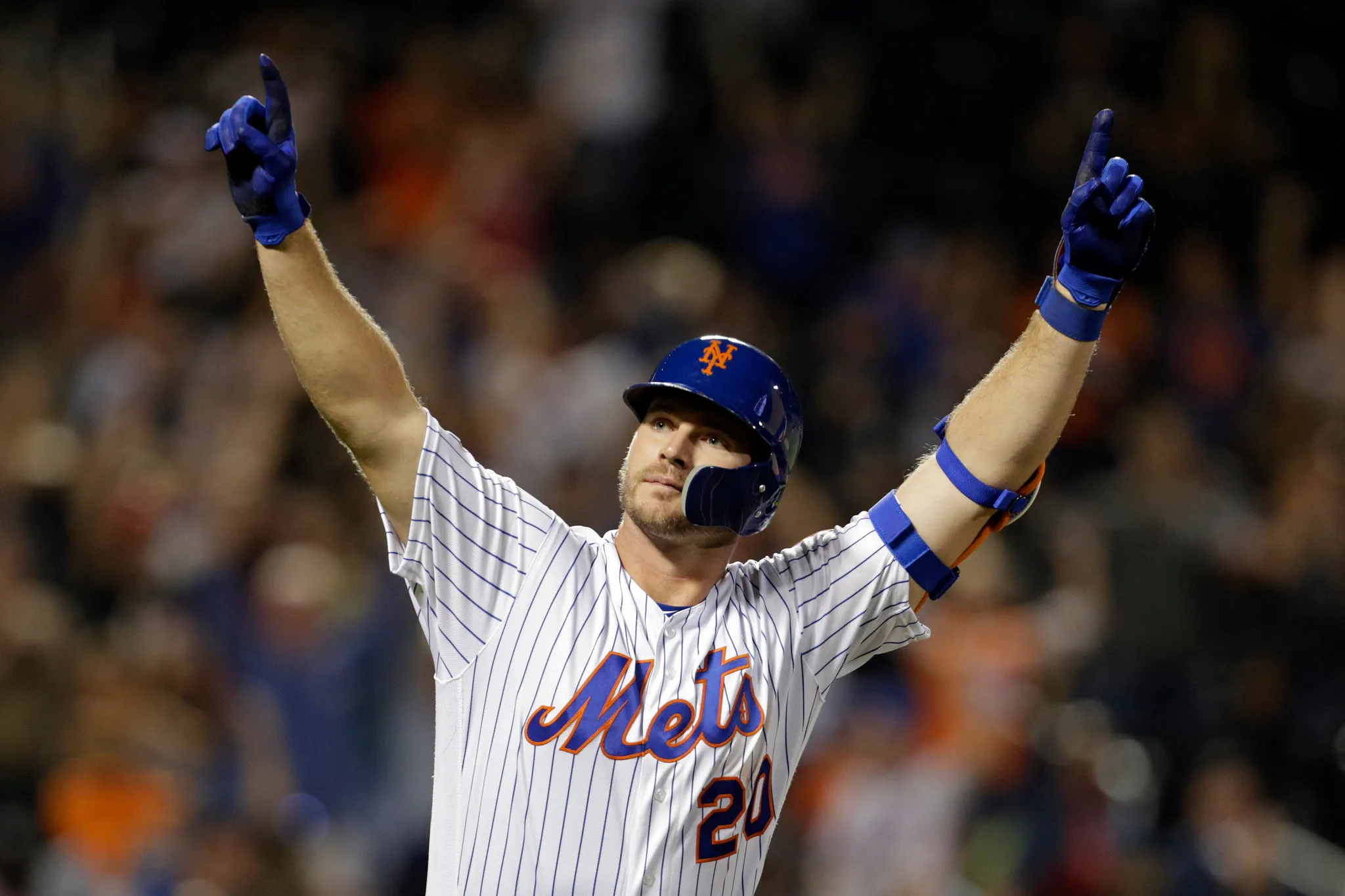

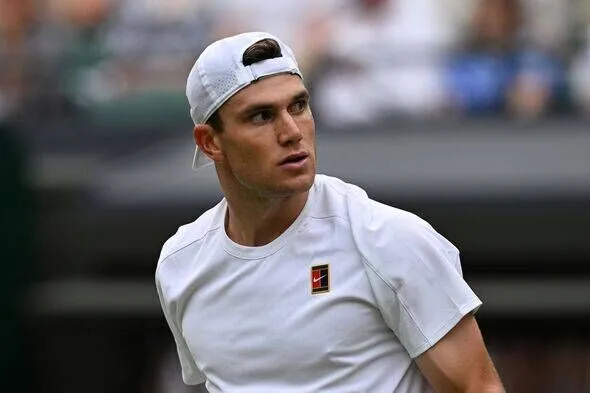
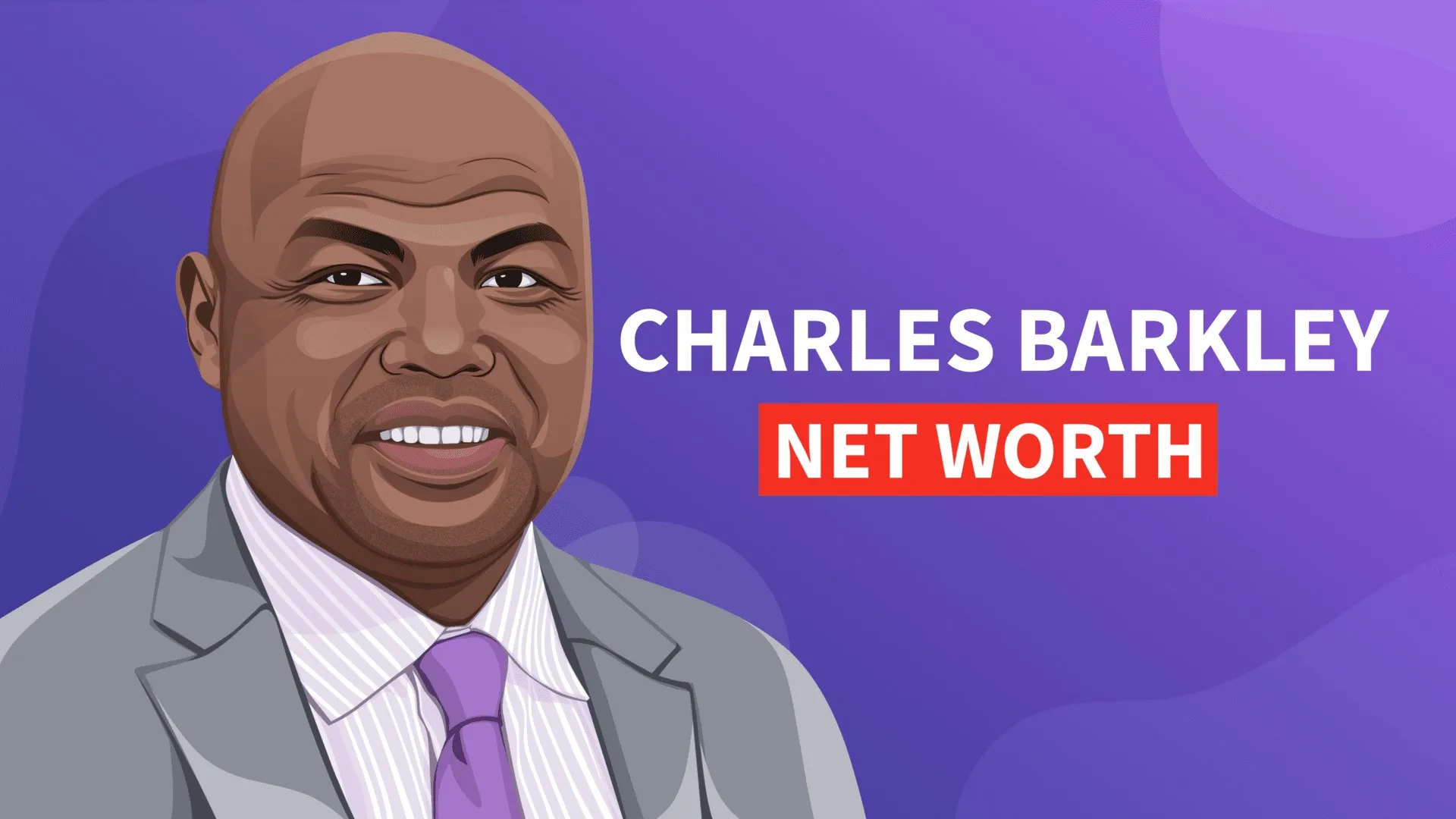
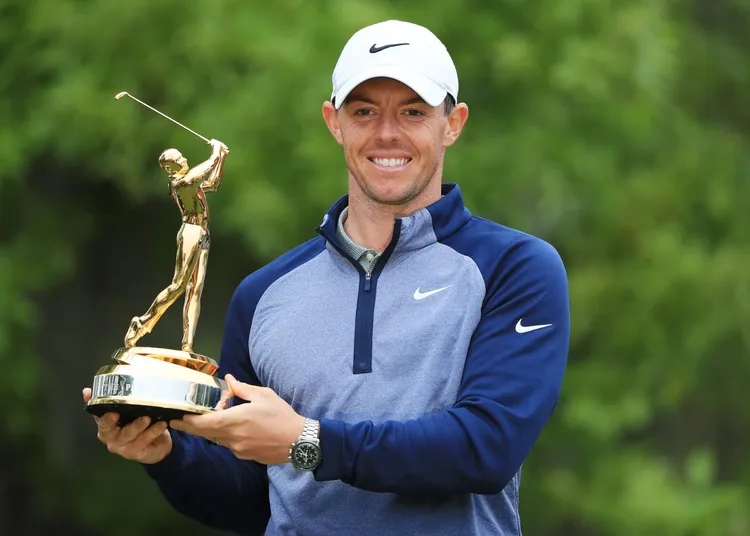
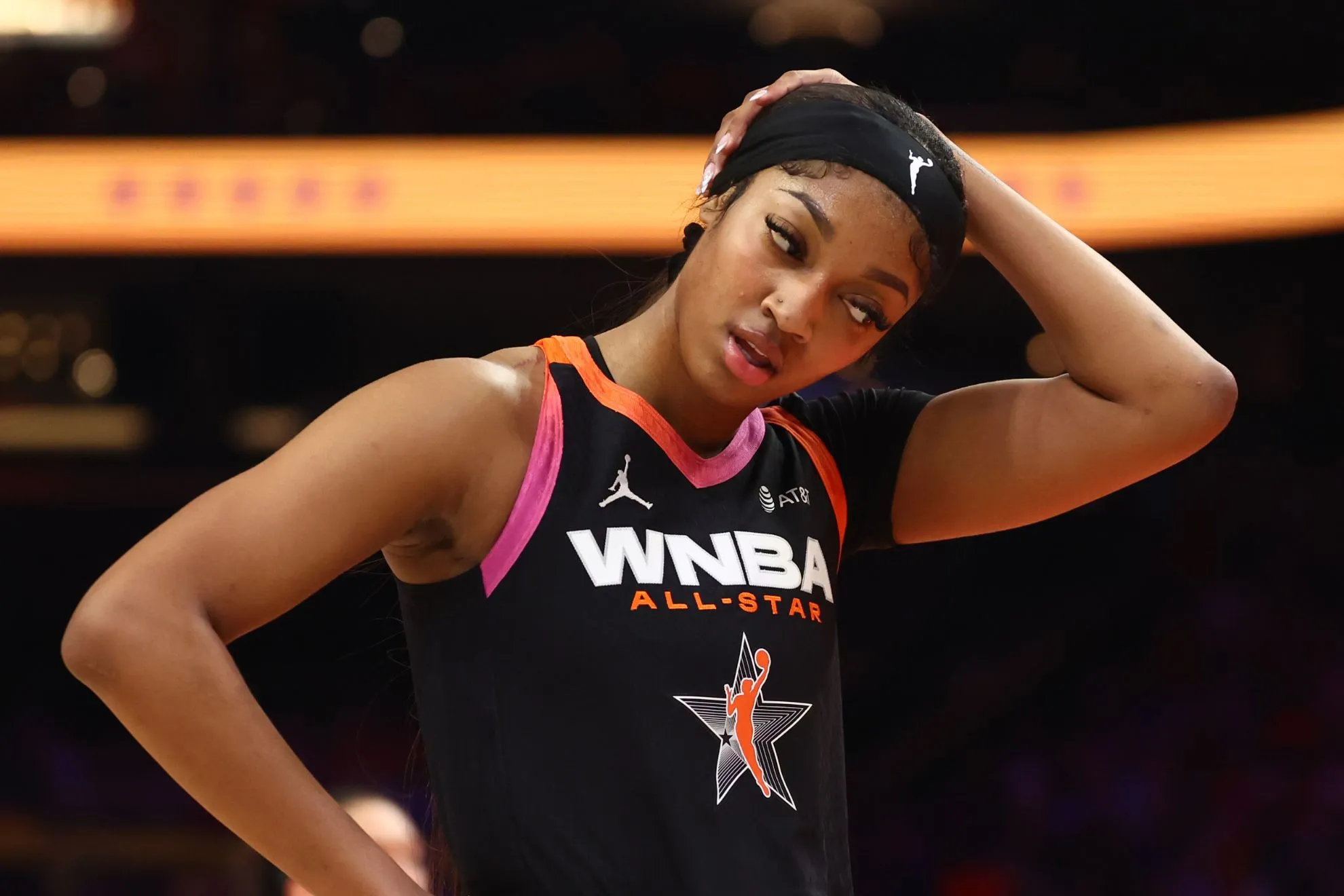
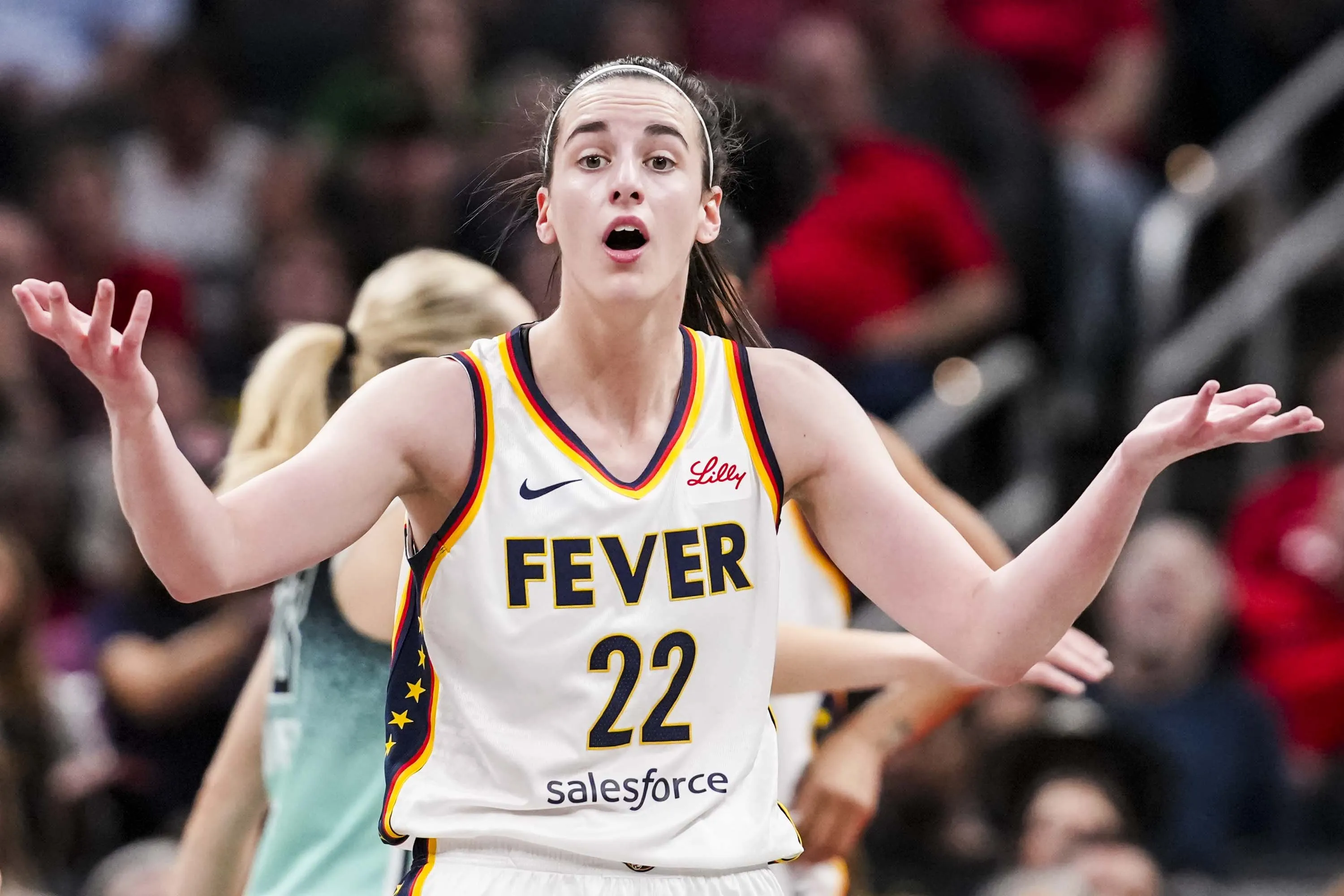
Nguyen Hoai Thanh
Nguyen Hoai Thanh is the Founder and CEO of Metaconex. With 12 years of experience in developing websites, applications and digital media, Nguyen Hoai Thanh has many stories and experiences of success to share.